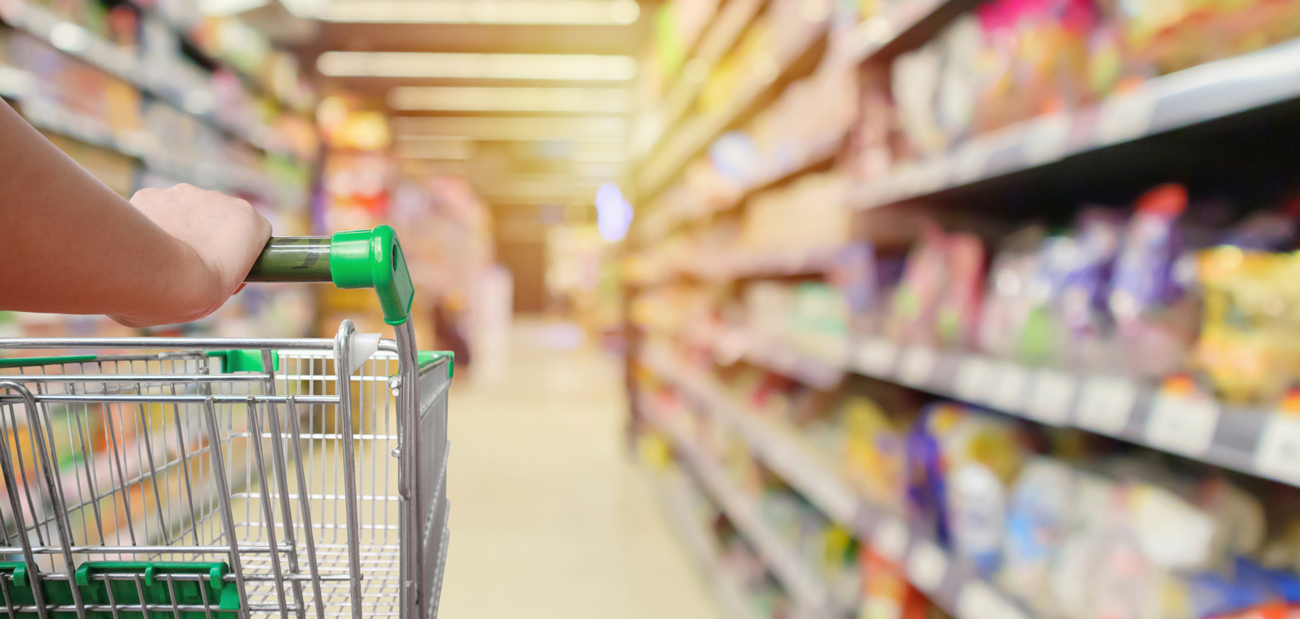Coronavirus sales trends have delivered 35% year-on-year sales increases in the average independent convenience store, with stationary, toys, books, frozen and alcohol named as the fastest growing categories.
Analysis of sales data from 2,906 independent convenience stores by EPoS providers The Retail Data Partnership (RDP) shows how coronavirus sales trends are driving rapid changes in shops.
EXCLUSIVE: Early EuroMillions ticket sales restricted due to coronavirus
As of 16 March, weekly average basket spend was up more than a quarter year on year to £7.96. Store performance appeared closely linked to government announcements.
On the day special measures were announced on 9 March, average store sales were up 5.8%. A week later, this had grown to 35.1% more than average sales for the same week in 2019.
Even in the space of a seven days, customer buying habits in independent convenience stores fluctuated greatly.
From 16 March to 23 March, daily sales of arts and crafts (including stationary) goods rose 262%, sports and recreation (including children’s toys) jumped by 37%, books increased 63%, frozen produce grew by 30% and alcohol lines received a 25% boost.
However, daily hot food sales plunged by 29% and household fell by 26% following a heavy week of panic buying.
EXCLUSIVE: First convenience store coronavirus closures revealed
The rise of stationary and toy sales coincided with the closure of schools across the UK, further suggesting stores should follow government policy announcements in order to predict future coronavirus sales trends.
Public response to the pandemic is also shaping what stores are stocking.
Happy Shopper tinned spaghetti was listed in approximately 1,100 stores of the 2,906 stores analysed on 10 February. One month later this had risen to approximately 1750 sites. Andrex Classic clean white toilet paper went from being listed in near 1,600 stores to in just over 2,000 of the 2,906 sites over the same time period.
Despite the growing sales opportunities highlighted by RDP, data from news wholesalers suggests a small but growing number of stores have decided to close.
Retailers claimed this was in order to protect themselves and their staff.
Coronavirus: Government support for retailers
Find out more on our coronavirus information hub for retailers



Comments
This article doesn't have any comments yet, be the first!